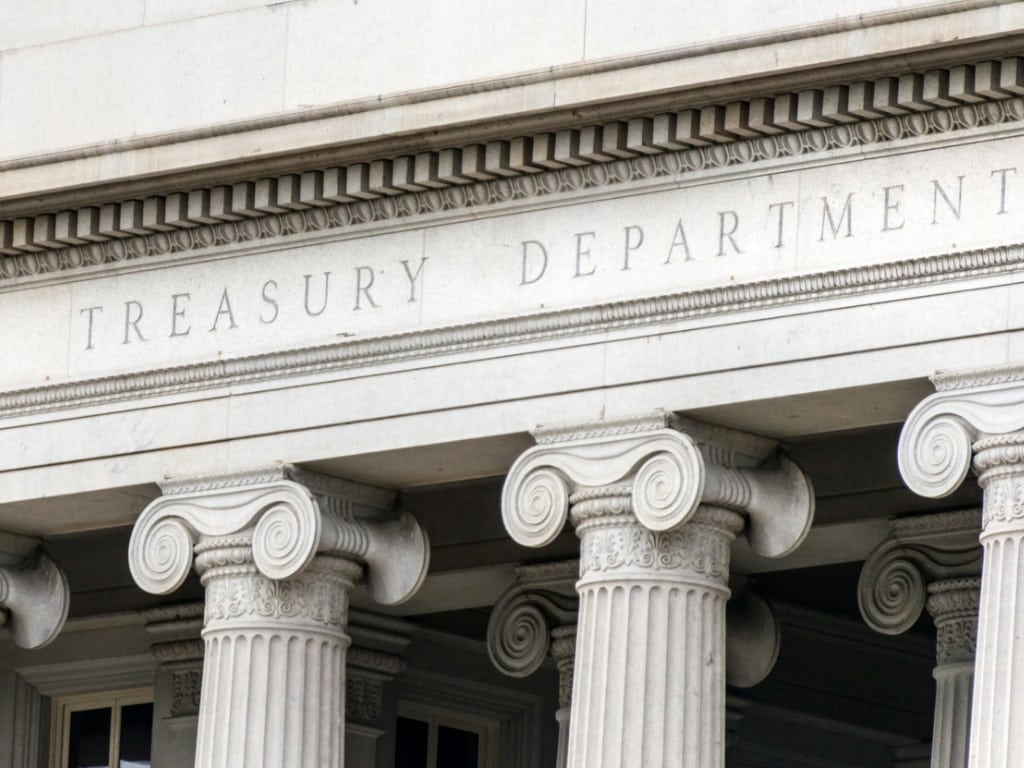On June 3, Natalie Mayflower Sours Edwards was sentenced to “six months in federal prison for unlawfully disclosing Suspicious Activity Reports (“SARs”) and other sensitive information,” according to a U.S. Department of Justice (DOJ) press release. Edwards, a former U.S. Treasury Department employee who blew the whistle on misconduct at the department, was featured in a July 8 article from The Washington Post.
Edwards worked as “a Senior Advisor in the Treasury Department’s Financial Crimes Enforcement Network (“FinCEN”),” according to the DOJ. The Post article details how Edwards leaked documents that pointed to suspicious activity to BuzzFeed News reporter Jason Leopold. The information that Edwards supplied culminated in “a series of scoops by Leopold,” the first of which being an October 2017 story about 13 wire transfers “made by companies linked to Donald Trump’s former campaign chairman Paul Manafort, that federal officials deemed suspicious,” the BuzzFeed article states.
Edwards was charged in 2018 for leaking the documents and pleaded guilty in 2020, but she had to wait until 2021 for her sentence of six months in federal prison. Her sentencing was delayed “in part by the coronavirus pandemic.” In the interim, the Post reports that “she had lost her job, her car, her home and had spent nearly three years on supervised release, awaiting a likely prison sentence.”
Information Edwards gave to Leopold was also included in The FinCEN Files, a joint project between BuzzFeed News and the International Consortium of Investigative Journalists that was published in September of 2020. However, Edwards “wasn’t even charged in connection with her most important leak” — by the time that the FinCEN files were published, “Edwards had been under arrest for nearly a year for her role in leaking information for what would prove to be much smaller stories,” according to the article.
During her sentencing, the Post reports that Edwards “explained how she had tried to go through proper whistleblower channels when she witnessed corruption within the Treasury Department and did not hide that she had also gone to the press. ‘I could not stand by aimlessly,’ she said, ‘as this would have been a violation of my oath of office, which is also a federal crime.’”
The article also covers how Leopold interacted with Edwards for the stories he published and how those communications were analyzed by the prosecutors. Additionally, the article dubs Edwards “one of the most important whistleblowers of our era, and yet hardly anyone remembers her name,” pointing to other whistleblowers like Edward Snowden and Chelsea Manning who have garnered much more public attention and media coverage. Read the full article here.
